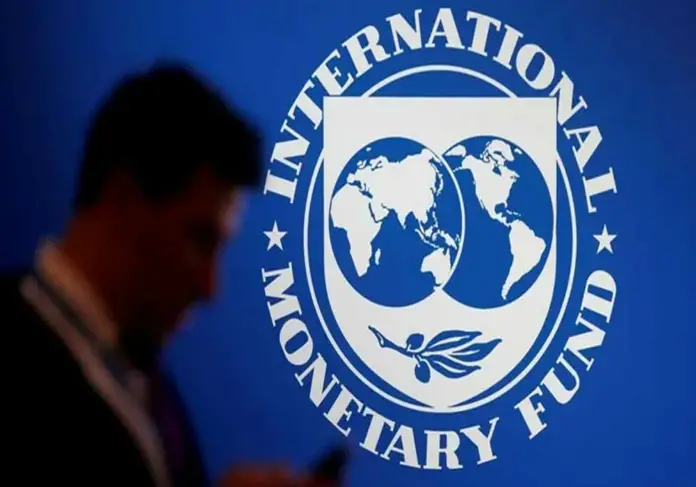The International Monetary Fund has warned that the UK economy is predicted to contract this year and would lag behind the leading G7 nations at a time when a new wave of financial instability threatens the faltering global recovery.
The Washington-based organization emphasized the mounting dangers of a hard landing for developed nations, citing the UK and the euro area as being particularly impacted by rising energy costs and greater inflation.
Recent issues at banks in the US and Switzerland were an early sign of a serious financial crisis, the IMF warned that global growth might slump to barely 1%.
Market participants and policymakers must decide whether the recent events are a sign of future systemic stress that will test the strength of the global financial system, or whether they are merely an isolated manifestation of problems brought on by tighter monetary and financial conditions following more than a decade of ample liquidity, according to the IMF.
The IMF marginally increased its projection of UK growth this year from the -0.6% penciled in three months ago based on its core premise that a financial catastrophe would be avoided but still projected the GDP to fall by 0.3%.
The UK and Germany are the only two G7 nations that the IMF expects to experience economic contraction in 2023, despite the UK having the fastest-growing economy in 2022.
The UK’s cost of living crisis, which has driven the annual inflation rate to 10.4%, won’t be resolved any time soon, according to the fund’s economic adviser Pierre-Olivier Gourinchas, and only a tiny recovery to 1% growth next year, when the general election is anticipated to take place.
The WEO observes that financial stability concerns had been overlaid and were interacting with the primary factors that affected the global economy in 2022, including the ratcheting-up of interest rates, the limited room for governments to cut taxes or increase public spending, historically high debt levels, and evidence of global fragmentation into rival blocs.
The IMF predicted that global growth would slow from 3.4% in 2022 to 2.8% this year, with the possibility of an even more pronounced slowdown if the issues affecting regional US banks last month—such as the Silicon Valley Bank’s demise and Switzerland’s recently saved Credit Suisse—prove to be signs of a more pervasive ailment.







